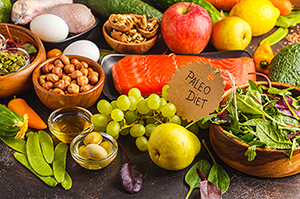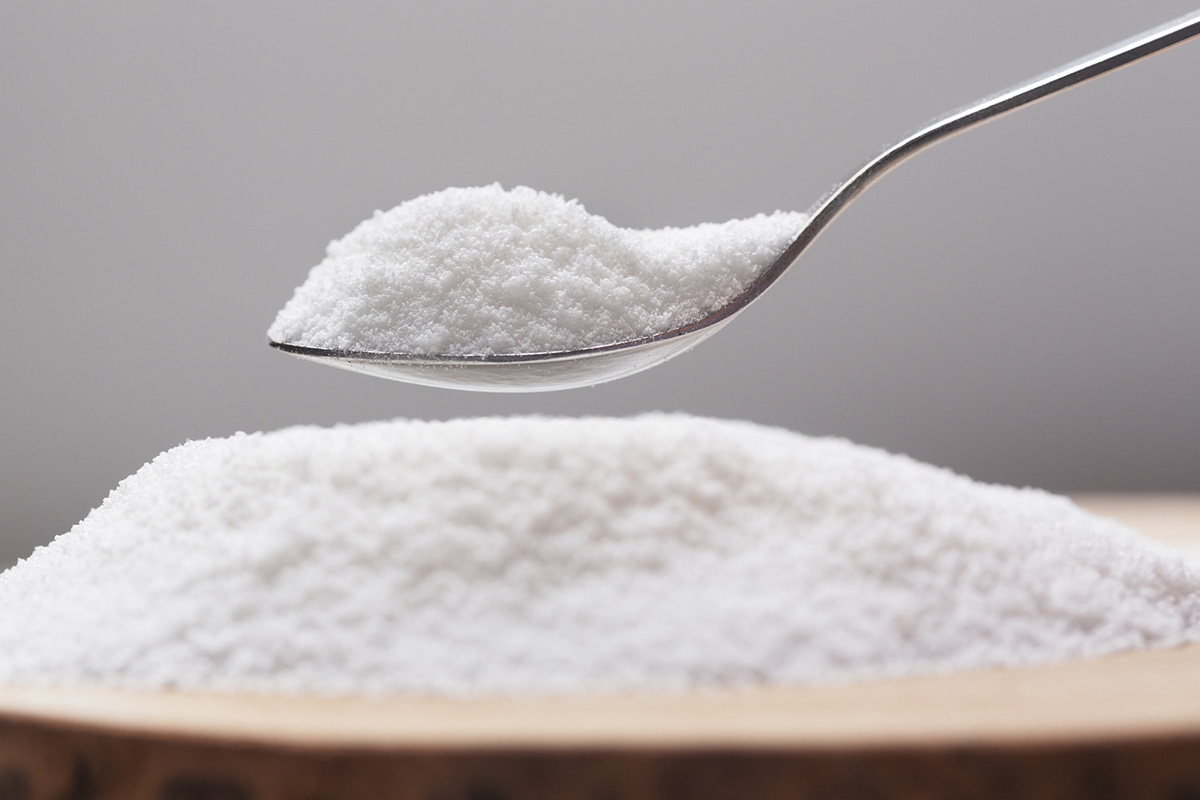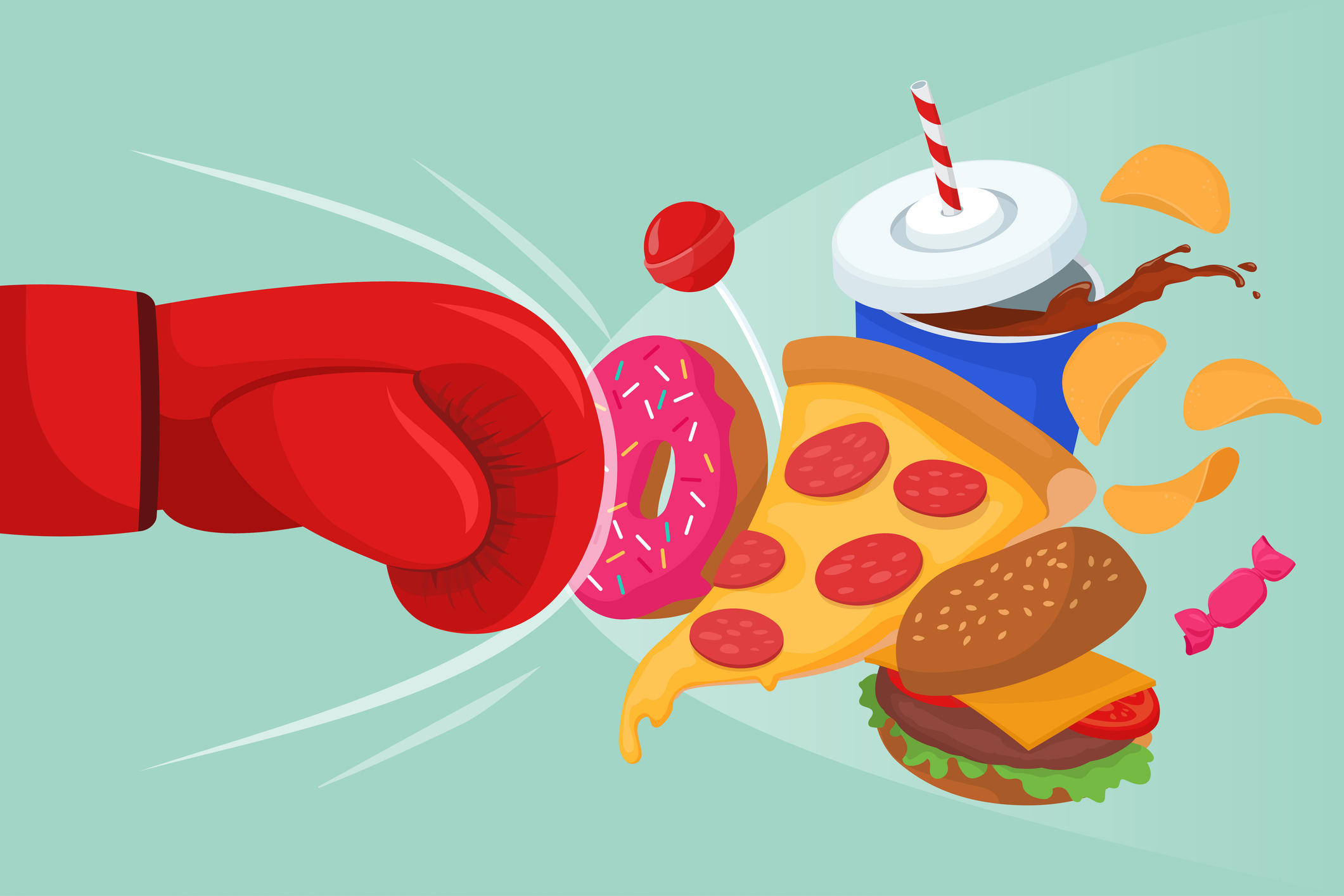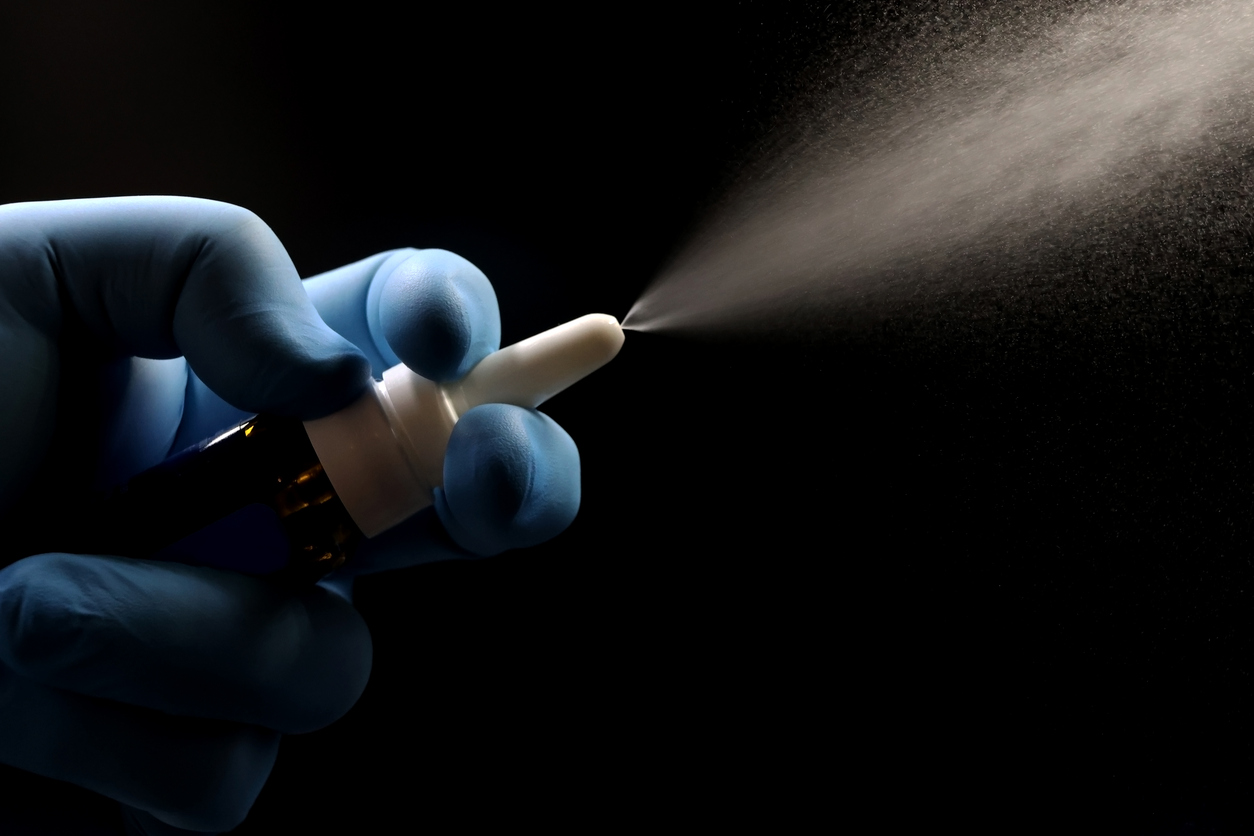You’ve probably seen last month’s headlines:
“New research raises red flags over Paleo Diet”—Independent Online, South Africa (Source)
“The Paleo Diet could be bad for your heart, study finds”—Health24 (Source)
“The Paleo Diet could be your early ticket to the grave”—D’Marge (Source)
As might be expected, vegan websites and the anti-meat Twitterati had a field day gleefully reposting this story. They haven’t had so much fun since the malicious “Keto Crotch” hoax was perpetrated on the media!
So, what’s all the fuss about? This indictment of the Paleo Diet was based on an Australian study (“Long-term Paleolithic diet is associated with lower resistant starch intake, different gut microbiota composition and increased serum TMAO concentrations”) published in the European Journal of Nutrition.
At first it appears to be a compelling piece of original research. But on critical examination, it’s fatally flawed.
The indictment of the Paleo Diet in this study rests entirely on the (controversial) premise that because it raises TMAO—trimethyl amine oxidase—ergo, it must hike rates of heart disease.
There are several tenuous gaps in the chain of causation that lead the authors to the sweeping conclusion that “the high fat and low carbohydrate intake [of the Paleo Diet] may not be beneficial for long-term health.”
I weighed in on the TMAO-heart disease theory when it was first advanced in 2015. In an article entitled “Carnitine in the cross-hairs: A fishy tale?” I wrote: “ . . . this new [TMAO] study represents a feeble attempt to perpetuate the ‘Meat is Bad for You’ hypotheses—but with a new villain. The culprit is said to be TMAO.”
TMAO is thought to trigger the activity of macrophages, a type of white blood cell defender which releases harmful free radicals within the arterial wall, contributing to atherosclerotic plaque development. It’s proposed we add TMAO to the arsenal of blood tests we use to predict heart disease risk like cholesterol, HDL, LDL, LDL particle size, apoliprotein A and B, C-reactive protein, homocysteine, lp(a) and others.
What raises TMAO? Dietary carnitine (from meat) and choline (from fish, eggs, and soybeans).
But there are some problems with the theory. First and foremost is the fact that most studies don’t conclusively link meat consumption with heart disease, especially when controlling for consumption of refined carbohydrates.
Additionally, eggs have been exonerated in heart disease causation after decades of being stigmatized because of their high cholesterol content. Moreover, high dietary intakes of soy and fish unequivocally lower heart risk!
And, if the Paleo Diet really dispatched our caveman ancestors to early graves, how did our species survive to perpetuate itself?
Well, it could be argued that we are evolutionarily-selected to survive merely to reproduce. After the age of 35 or so, we’re biologically expendable. But if that were the case, how do we account for the unassailable fact that, while modern hunter-gathers often succumb early in life to infections, starvation, or accidents, their elders are virtually free of atherosclerotic disease?
The authors of the Australian study betray an incomplete understanding of the Paleo Diet. While hunting for game constituted an important part of the diet, it’s not all-meat; an important contribution to overall calories was derived from wild-gathered fruits, seeds and root vegetables. The latter are tubers—forerunners of modern domesticated sweet potatoes and yams—rich sources of resistant starch—and permitted on all but the most low-carb iterations of the Paleo Diet.
RELATED: Ask Leyla: Do paleo/keto diets cause gluconeogenesis (“new glucose”)?
This is important is because the production of TMAO is mediated by gut bacteria. Resistant starch retards the growth of “bad” bacterial species that transform carnitine and choline into TMAO. The supposition that without the whole grains that are eschewed on the Paleo Diet TMAO production will proceed unchecked is unwarranted.
Upon further examination, the egg link to TMAO production falls apart. While rich in choline, a study recently demonstrated that egg consumption did not boost levels of TMAO.
And if choline were to be bad for the heart, then what of lecithin’s reputed cardiovascular benefits? Administration of soy lecithin was found in a study to produce a reduction of 40.66% and 42.00% in total cholesterol and of 42.05% and 56.15% in LDL cholesterol after treatment for one and two months, respectively.
When it comes to carnitine from meat, a Mayo Clinic study found carnitine supplementation was associated with a 27% reduction in all-cause mortality, a 65% reduction in ventricular arrhythmias, and a 40% reduction in angina symptoms in patients who had experienced a heart attack.
And finally, there’s evidence that adherence to a Paleo Diet reduces the risk of heart disease. Central to its efficacy is its moderating effect on insulin, the primer driver of Metabolic Syndrome.
At this point, if I were a trial lawyer, I’d exclaim: “If the glove doesn’t fit, you must acquit!”
But there’s more to the TMAO story. Cui bono? (Latin for “Who benefits?”)
NEW THEORY—> NEW TEST—> NEW DRUG
Much of the research implicating TMAO in heart disease causation comes from the lab of Dr. Stanley Hazen, who has formed a partnership with his institution the Cleveland Clinic along with Procter and Gamble to develop a potentially profitable drug to block production of TMAO. Cleveland Clinic also owns the right to the TMAO blood test which it hopes to market extensively as an adjunct to cardiovascular screening.
A press release discloses that “Dr. Hazen is named as co-inventor on pending and issued patents held by the Cleveland Clinic relating to cardiovascular diagnostics and therapeutics, and has the right to receive royalty payment for inventions or discoveries related to cardiovascular diagnostics or therapeutics. Dr. Hazen also reports having been paid as a consultant for P&G, and receiving research funds from P&G.”
The commercial impetus for developing a TMAO-reducing drug—as well as fostering TMAO “awareness” the way we’ve done so successfully with cholesterol—has me concerned that we may be jumping the gun on this novel paradigm.
RELATED: Ask Leyla: Will the paleo diet serve all my nutritional needs?
I’m convinced that more research needs to be done to explain the paradoxical evidence about TMAO. Is it an inevitable consequence of low-fiber, high-animal protein diets? Is there a genetic component to TMAO susceptibility? Is its production modifiable with ample inclusion of resistant starch in the diet? Could targeted probiotics “fix” the microbiome imbalance that fosters its production?
There’s even evidence that certain nutraceuticals (like resveratrol) may curb production of TMAO.
One thing’s for sure: The conclusion that a properly balanced Paleo Diet contributes to heart disease risk on the basis of a tenuous theory that it might hike TMAO is not supported by the facts.








